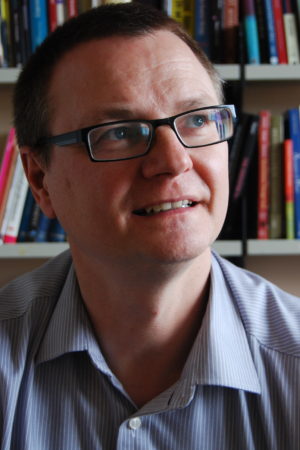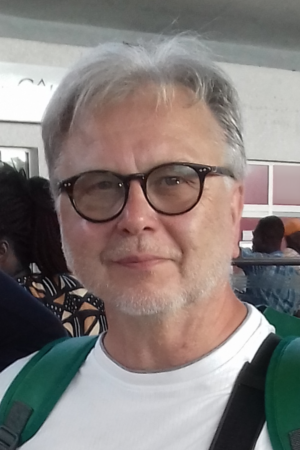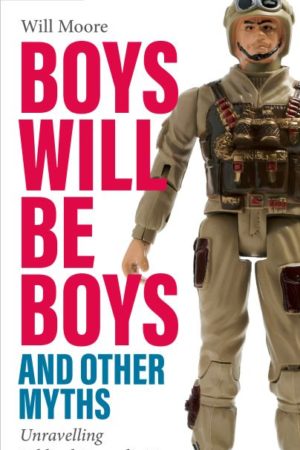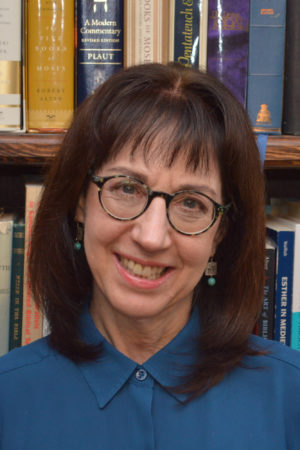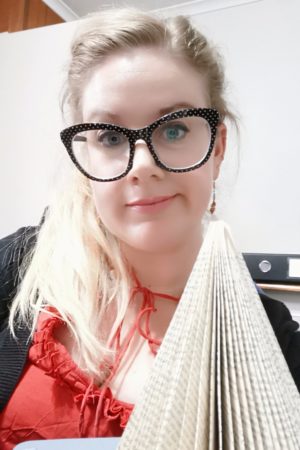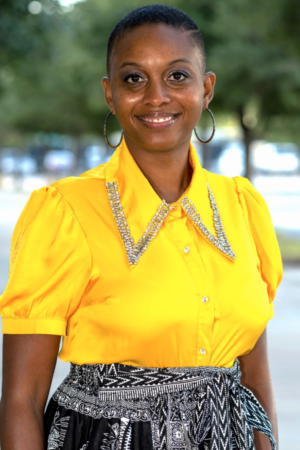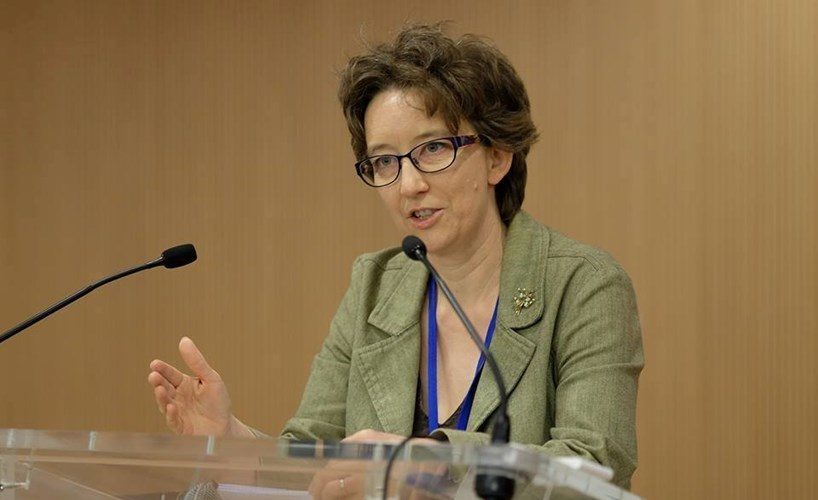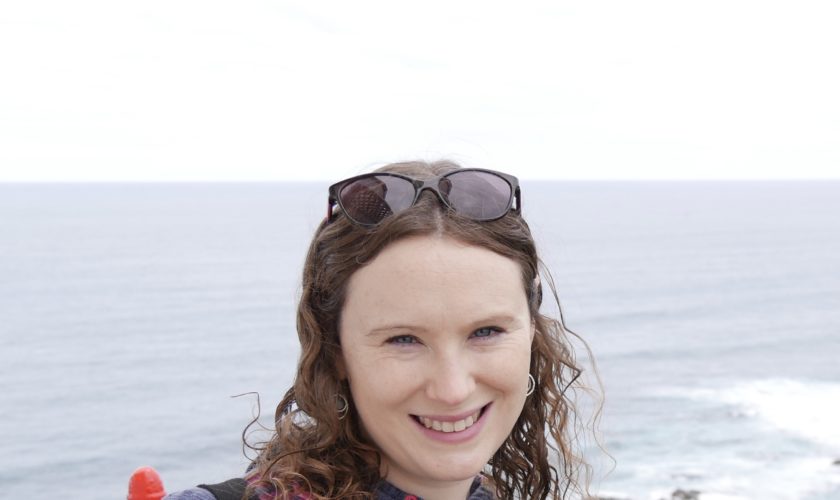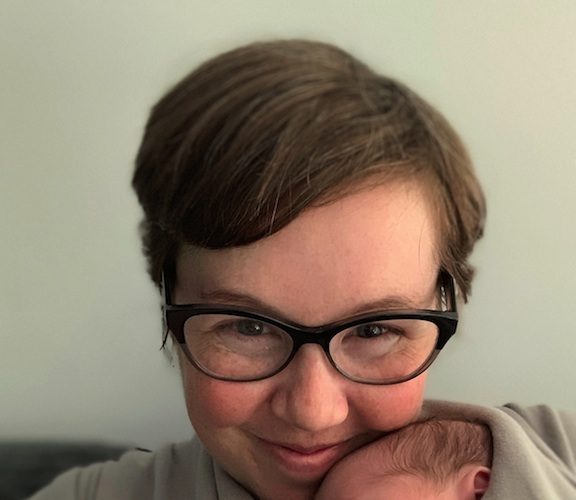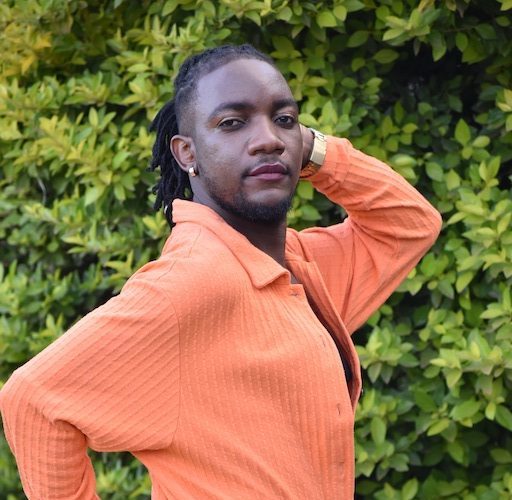These days, most of us will be having to live such different lives than we are used to – keeping self-isolated, working from home,juggling commitments to our family, work, and research, as well as caring for the health and wellbeing of ourselves, our friends, and our loved ones. Over the coming weeks, we’ll be asking some of our Shiloh members and supporters how they are dealing with this “new normal”way of life. We hope this helps to keep our community connected with each other, and can serve to inspire us, reassure us we’re not alone, or even distract us a little from everything else we are dealing with right now.
Our series kicks off with one of the greats of biblical studies, Deryn Guest. Deryn teaches Biblical Hermeneutics in the Department of Theology and Religion at the University of Birmingham and is a trailblazer in the areas of gender theory, queer theory, and psychological theory as these relate to the Hebrew Bible.
Co-editor of The Queer Bible Commentary (SCM, 2006), co-author of Transgender, Intersex, and Biblical Interpretation (SBL, 2016), and author of Beyond Feminist Biblical Studies (Sheffield Phoenix, 2012), all of which break new and important ground in the discipline, Deryn has published extensively on the book of Judges in particular. At present, Deryn is writing an Earth Bible Commentary (Bloomsbury) on Judges. Deryn’s is a totally distinctive voice, blending whip-smart scholarship and integrity and never compromising on either.
So, what’s up, Deryn Guest?
Gosh, even introverted home birds miss social contact. Such was my realization as the morning work schedule kicked in during week one of lockdown. I was no longer filling up my kettle at the water cooler with office staff and colleagues, chatting about moments of hilarity on the Great British Bake Off, or the over-crowded commute that morning, or, of course, the perennial topic of the weather. Bonhomie at the water cooler – a convivial, social start to the academic day.
I rely now on my usual pre-commute morning ritual: a lit candle, a steaming cup of tea, some quiet moments of contemplation. After that, I’m ready for organizing the day into varied activities that keep the body oiled as well as the mind. A couple of hours on research, break for half an hour gardening, answer emails, take exercise, create some online teaching material, skype supervisions for postgrads. And I’m bearing up well. The quietness of being at home is good for my soul. The office of choice is the garden where I am accompanied by the chatter of birds communing socially at their own water coolers based at strategic points in the garden. When wet, I work in the kitchen where I can see the garden through the patio windows. Either function well for writing an ecological commentary on the Book of Judges, which is the current project.
Fresh in my mind as I work on the story of the abducted women in Judges 21 is the capture of the Yazidi women taken into sexual slavery against their will by ISIS soldiers, dislocated from their place of home and family. Warfare, ancient or modern, always has severe consequences for the bodies of women. Writing ecologically, I think of how the land can act as witness to atrocities; how the sacred energies of a place are desecrated; how, in Judges 21, the pulsing, whirling of girls’ feet was suddenly felt no more, leaving the earth bereft of its place in the dance. Being in the garden, watching the birds, listening to their singing and scolding (of cats), I wonder what the sounds of the places called Shiloh and Sinjar were in usual times, what were the sounds during the abduction, and then, with sadness, I ponder the sound of the aftermath.

